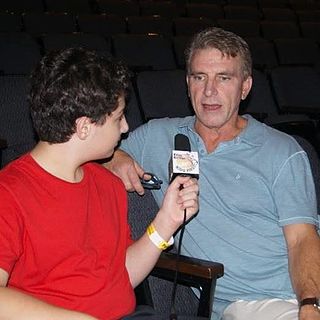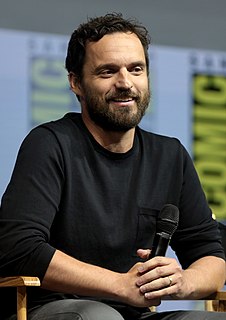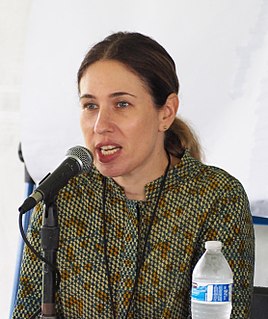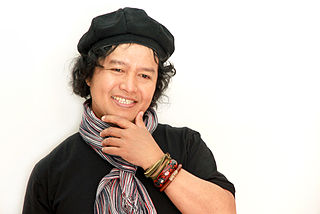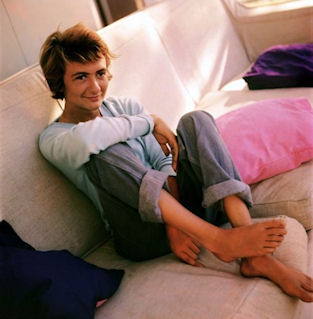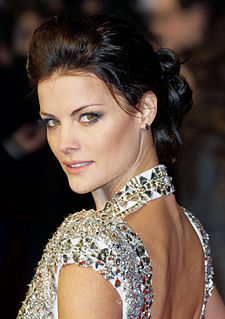A Quote by Elmore Leonard
I'm very much aware in the writing of dialogue, or even in the narrative too, of a rhythm. There has to be a rhythm with it … Interviewers have said, you like jazz, don’t you? Because we can hear it in your writing. And I thought that was a compliment.
Related Quotes
It's something that's difficult to explain but I think all writers work this way to some extent, whether we're aware of it or not. For me, writing has little to do with thinking. I don't want to control the narrative. I listen to the rhythm of the words and dialogue and try to give the characters the space in which to say and do what they want without intervening too much.
There's the internal rhythm within a sequence, and then there's the rhythm between the sequences, and that's extremely important in constructing the narrative. For example, you don't put two big dramatic scenes right next to each other. But you can use the rhythm of the transition shots; they can often serve a double purpose.



